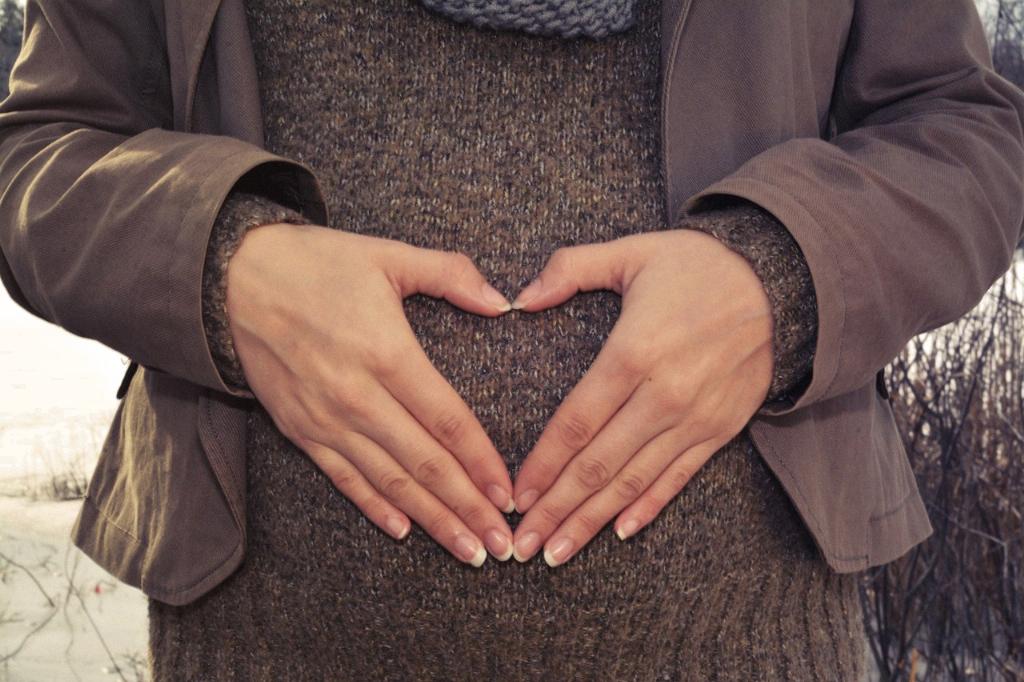Endometriosis is a common and often debilitating condition that affects many women of childbearing age. While it is primarily known for causing pelvic pain, irregular periods, and infertility, there has been ongoing research into the potential link between endometriosis and birth defects in offspring.
A recent study utilizing logistic regression analysis aimed to investigate the association between advanced endometriosis in mothers and the development of congenital malformations in their infants. The study controlled for various factors such as age, duration of infertility, parity, BMI, and the number of fetuses.
The findings of the study revealed a noteworthy result. Upon controlling for the aforementioned factors, it was observed that infants born to mothers with advanced endometriosis had a 1.557-fold increased risk of developing a congenital malformation compared to infants born to mothers without advanced endometriosis.
This adjusted odds ratio of 1.557 suggests that there may indeed be a correlation between advanced maternal endometriosis and the occurrence of birth defects in offspring. While the exact mechanisms underlying this association are not yet fully understood, the study provides valuable insight into a potential link that warrants further investigation.
It is important to recognize that correlation does not imply causation, and additional research is needed to establish a definitive causal relationship between endometriosis and birth defects. However, the findings of this study raise important questions about the impact of maternal health conditions on fetal development.
Endometriosis is known to create a pro-inflammatory and oxidative stress environment in the body, which may have implications for fetal development during pregnancy. These physiological disruptions could potentially influence the risk of birth defects in infants born to mothers with endometriosis.
Furthermore, the hormonal imbalances associated with endometriosis may also play a role in impacting fetal development and increasing the likelihood of congenital malformations. Hormones such as estrogen and progesterone, which are dysregulated in endometriosis, are crucial for fetal growth and development.
Given the complexity of endometriosis and its potential effects on maternal and fetal health, it is essential for healthcare providers to be aware of the possible implications for pregnancy outcomes. Close monitoring and individualized care for pregnant women with endometriosis may be warranted to mitigate any potential risks to the developing fetus.
Ultimately, while the research exploring the relationship between endometriosis and birth defects is still evolving, the findings of this study contribute valuable insights to the existing body of knowledge. Continued research in this area will help further elucidate the potential impact of endometriosis on fetal development and inform clinical practice.
In conclusion, while endometriosis may be associated with an increased risk of birth defects in infants born to mothers with the condition, further research is needed to establish a definitive causal link. The findings of recent studies underscore the importance of understanding the potential impact of maternal health conditions on pregnancy outcomes and the health of the offspring.

